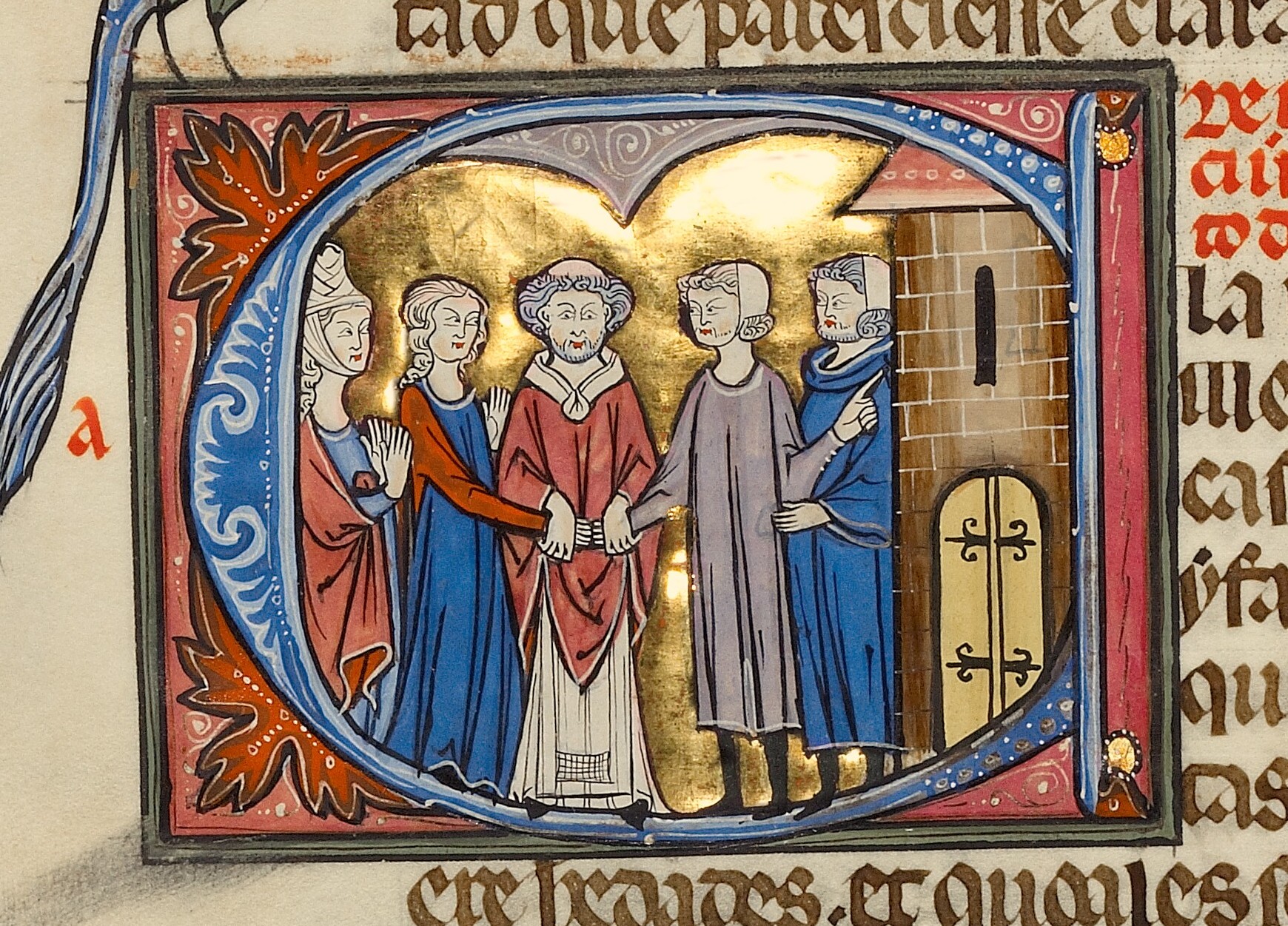
"In the town of Vic, a rare practice emerged where grooms provided dowries to their brides, challenging the traditional view of marriage arrangements."
"The study uncovered 80 instances of so-called 'gender-reversed' dowries, where men offered dowries in nearly identical contracts to traditional ones."
"These arrangements allowed families with inheriting daughters to retain wealth while bringing the husband into their household instead of sending their daughter away."
"Grooms who offered dowries were often newcomers or residents of nearby villages, using dowries as a means to enter urban society."
In medieval Vic, a unique practice surfaced where some grooms provided dowries to their brides. Research based on over 1,500 marriage contracts from 1250 to 1350 revealed 80 cases of 'gender-reversed' dowries. In these contracts, men gave financial support while women offered countergifts. This unusual arrangement was a strategic choice for families wanting to keep property within their lineage when they had no sons. Often, these grooms were newcomers or rural residents aiming to integrate into urban society using the dowry as leverage.
Read at Medievalists.net
Unable to calculate read time
Collection
[
|
...
]